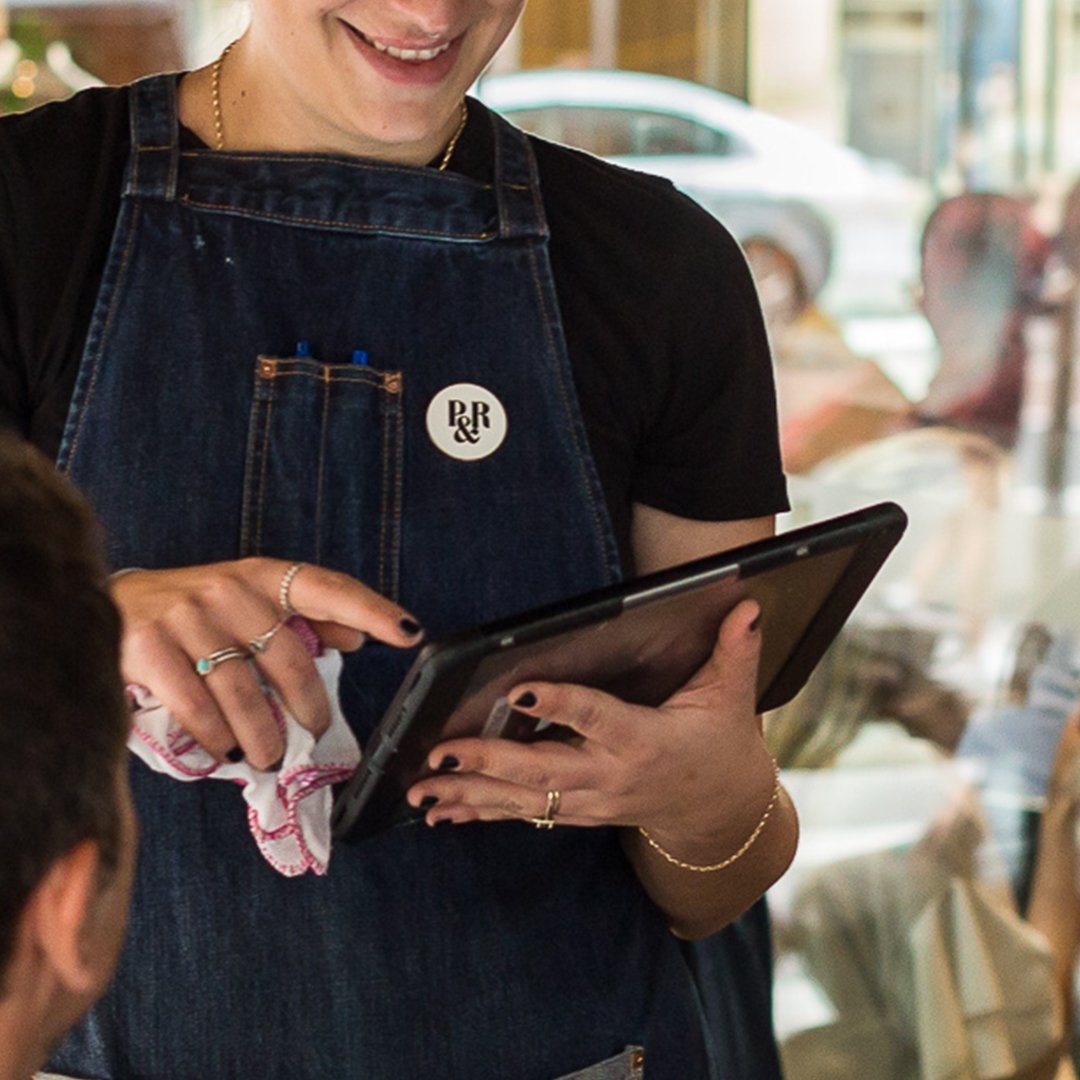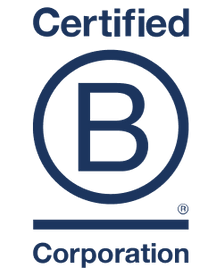If you run a cafe long enough, it will happen. You open your phone, check your notifications, and there it is a one-star review. All the five-star reviews suddenly don't matter. Maybe it’s fair, maybe it’s not. It’s out there, it’s public and that means you’ve got to deal with it.
In hospitality, a negative review can't just be about damage control. It needs to be a moment to show who you are, not only to the person who left it but to everyone else reading. That’s why it deserves the same care and intention as the way you greet someone walking in the door.
This builds on the principles we explored in When something goes wrong: turning complaints into loyalty, but with a focus on the public stage of online reviews.

Why your response matters
Research consistently shows that people trust businesses more when they see owners engaging with reviews. Google even notes that a few less than perfect reviews make you look more authentic, as long as they’re handled well.
And in the Australian cafe scene, where competition is fierce and customers are paying more for their daily coffee (though still less than the global average), expectations are higher than ever. That means a thoughtful, timely and human response isn’t optional. It needs to be part of the service experience.

What Google and Meta recommend and how to apply it in a cafe
Google reviews
Google’s advice is simple: respond quickly, respond personally and avoid copying and pasting generic lines. Aim to reply within 24–48 hours. If you need to explain or resolve something, do it calmly and, where possible, invite the customer to continue the conversation privately
In a cafe, that might mean setting aside 10 minutes at the start or end of the day to check your Google Business Profile. Just as you’d taste your coffee before service, check for new reviews before your doors open.
Facebook (Meta) recommendations
On Facebook, reviews appear as Recommendations. Meta suggests responding to all feedback, positive and negative and using tools in Meta Business Suite to get alerts as soon as something is posted. You can reply publicly, then follow up in a private message if needed.
If a review clearly breaches Facebook’s community standards, you can report it. But use that sparingly. Deleting or hiding legitimate criticism can do more harm than good.
Tools to make it easier
Google business profile: Lets you respond directly, flag inappropriate reviews and track trends in your feedback.
Meta business suite: Sends alerts for new Recommendations and lets you reply without logging into multiple apps.
Social listening tools like Buffer or Sprout Social: Useful for keeping track of less obvious feedback, like an Instagram story tag or a TikTok comment, so nothing slips past you.

Dealing with engagement bait
Not every comment or review online comes from a genuine place. Sometimes, people post deliberately provocative remarks just to get a reaction, what’s often called engagement bait. It could be as blatant as a click-driven post like “Top 5 overrated cafes in Sydney” or a sarcastic dig in your comments. The goal is the same: to stir up emotion and generate attention.
The first rule is don’t take the bait. Responding emotionally only fuels the cycle. If you have to respond:
- Acknowledge briefly: If there’s even a sliver of genuine feedback, thank them and move on.
- Stay professional: Keep your reply calm, short and polite. Your response is visible to everyone, not just the commenter.
- Use humour wisely: In Australia, a touch of humour or a self-deprecating line can sometimes take the sting out of bait. Just keep it light, respectful and never at the expense of the customer. A well-placed “looks like we had a shocker that day, thanks for calling it out, we’ll do better” can diffuse tension and even win people over.
- Don’t escalate: If the comment is abusive or breaches platform rules, use the reporting tools on Google, Meta, or TikTok.
- Know when to ignore: Some posts are clearly fishing for attention. A non-response can be the strongest response of all.
Meta specifically warns against engaging with bait comments, as it rewards bad behaviour by pushing those comments higher in the feed. By contrast, measured responses or silence (don't give it oxygen) when appropriate, keep the focus on your real customers and community.

Do’s and don’ts for responding
Do:
- Reply promptly, aim for 24–48 hours.
- Keep your tone calm, friendly and human.
- Acknowledge the issue and apologise where it’s appropriate.
- Offer a way to make it right, even if that means moving the conversation offline.
- Thank the reviewer for their feedback, regardless of tone.
Don’t:
- Ignore a negative review, people notice.
- Delete criticism just because it stings.
- Respond in anger or with sarcasm, even if the review feels unfair.
- Use a scripted response that could apply to anyone.

Not all feedback is a gift
Some people just want to vent. They’re not looking for a resolution, and that’s okay. In those rare cases, keep your reply short and polite. Thank them for their thoughts, restate your commitment to good service and move on. Your reply is as much for future customers as it is for the person who wrote the review.
It’s also important not to take reviews personally. Running a cafe is already demanding, and negative feedback can feel like a blow. Remember, a review is a comment on an experience, not on your worth as a person or leader. If responding feels heavy, delegate it to a trusted member of your team. Having someone else handle the first draft or even manage responses can give you the space to focus on improving operations and leading your people well.
A simple framework for your team
1. See it, check your platforms regularly.
2. Hear it, read to understand, not just react.
3. Say it, respond with empathy and respect.
4. Sort it, resolve the issue privately where possible.
5. Share the learning, use it to strengthen your systems and training.

It’s not always your fault
I know first-hand you’ll get the baffling kind of review, too. Someone leaves a glowing review: “Great coffee, great service, food delicious!” and then hits one star. You want to ask, “Did your finger slip?” But the same principles apply. Reach out with genuine interest. Thank them for the feedback, acknowledge their positive comments and politely clarify if the rating matches their experience. Even if they don’t update it, you’ve shown the wider audience that you care enough to ask.
Final thought
Reviews, even the difficult ones, are part of modern hospitality. They’re public proof of how you treat people when things don’t go to plan. And just like in person complaints, they’re a chance to turn a moment of tension into a moment of trust.
If you’d like help building a review response approach that fits your cafe’s voice and values, get in touch with our Cafe Network team.
Explore our Wholesale Program →



